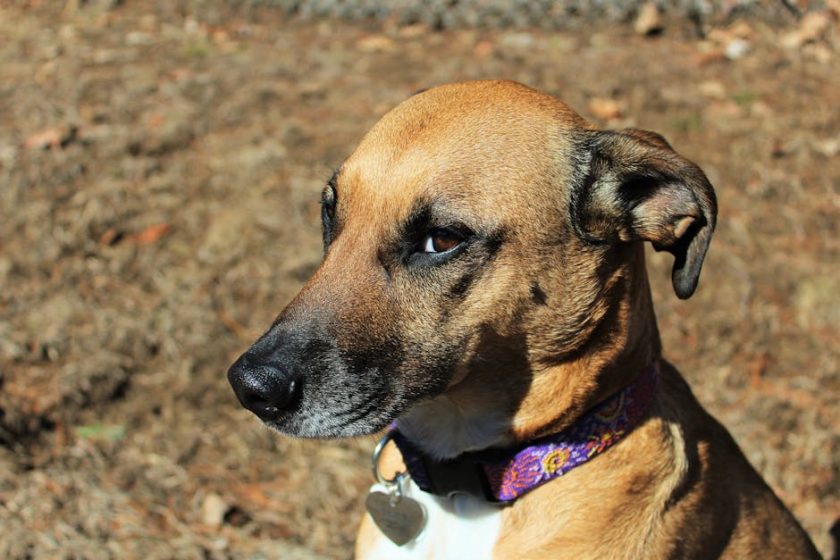Dog training is an essential aspect of pet ownership, fostering a strong bond between you and your furry companion while ensuring their well-being and safety. With patience, consistency, and the right approach, you can effectively train your dog to obey commands, develop good habits, and become a well-behaved member of your family.
**Understanding Your Dog's Learning Style**
Before embarking on a training journey, it's crucial to understand how your dog learns best. Some dogs excel with positive reinforcement techniques, such as treats or praise, while others respond better to clicker training or shaping. Observe your dog's behavior and experiment with different methods to find what works best for them.
**Establishing Clear Boundaries**
Consistency is key in dog training. Establishing clear boundaries and rules from the beginning helps your dog understand what is expected of them. Teach them basic commands like "sit," "stay," and "come," and enforce these commands consistently in various situations.
**Using Positive Reinforcement**
Positive reinforcement is the most effective way to train dogs. Reward your dog immediately with treats, praise, or play whenever they display desired behaviors. This reinforces the behavior and encourages them to repeat it in the future. Avoid using punishment, as it can damage your bond with your dog and hinder their learning progress.
**Creating a Training Schedule**
Regular training sessions are essential for success. Establish a dedicated time each day for training, even if it's just for 10-15 minutes. Short, focused sessions prevent boredom and frustration for both you and your dog.
**Patience and Consistency**
Dog training takes time and patience. Don't get discouraged if your dog doesn't catch on immediately. Be consistent with your training methods and praise your dog for their efforts, regardless of their progress.
**Special Considerations for Different Breeds**
Different dog breeds have unique temperaments and learning styles. Research your dog's breed to understand their specific needs and tailor your training accordingly. For example, herding breeds like Border Collies require plenty of mental stimulation and exercise, while giant breeds like Great Danes need gentle handling and socialization.
**Socialization and Exposure**
Socializing your dog from a young age is crucial for developing a well-rounded and friendly companion. Expose them to different people, animals, and environments to build their confidence and prevent fear or aggression.
**Seeking Professional Help**
If you encounter significant challenges in training your dog or have a particularly reactive or aggressive dog, consider seeking professional help from a certified dog trainer or animal behaviorist. They can provide personalized guidance and support tailored to your dog's individual needs.

